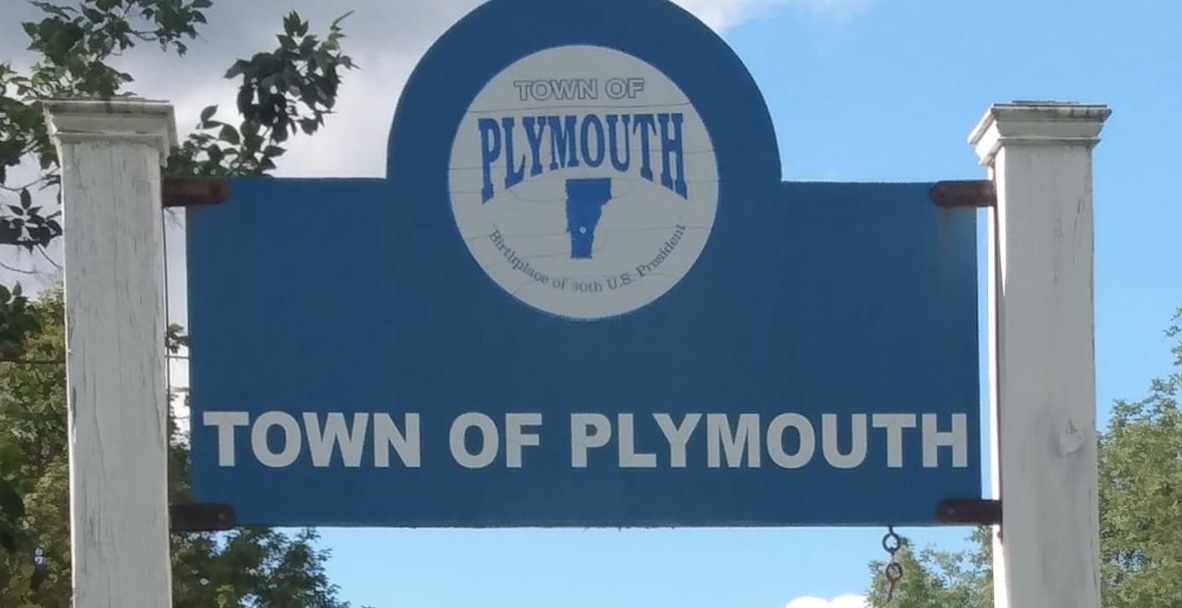PLYMOUTH, Vt. – The Plymouth Selectboard held their regular meeting on Monday, Sept. 16, where the issue of increased property taxes was discussed. Chair Jay Kullman told the meeting he had reached out to State Sen. Alison Clarkson, and read from the letter he’d received in return.
The letter began, “Yes, this is going to be a brutal year. Plymouth taxes are expected to be up by 36%, Bridgewater we’re not quite clear on yet, and Woodstock up 30%.”

“Completely unsustainable and brutal for our towns,” Clarkson continued, “due in large measure to huge increases in property values.”
Clarkson shared with Kullman an email she’d composed in response to Vermont residents who had written her with their concerns regarding the tax increase. In that correspondence, Clarkson said there was a lot of frustration surrounding the topic, and she felt it warranted to map out how the state got to this place.
Kullman quickly went through the bullet points presented in Clarkson’s email. Why costs have increased so much this year, Clarkson explains, is that over the past three years, federal pandemic funds have helped to offset increasing costs of education and inflation, but this year those funds have expired, and teacher’s health care costs have increased 16.4%, among other factors. “Without the federal funding, we are seeing the cumulative impact of cost increases in education,” stated Clarkson.
Funding for the education system has traditionally been generated through property taxes. Even after an effort by school boards to reduce their proposed budgets at the end of last year, the state-wide property tax increase was still 13.8% on average.
Clarkson’s letter also addressed the “rapid escalation of our house values,” which is “having a big impact on our taxes.” Recognizing the need to “attack all the education funding factors” this year, the state legislature created the Commission on the Future of Vermont Public Education to review all issues and make recommendations in January 2025. Meeting attendees expressed their frustration with the state legislature, and felt Clarkson contradicted herself within the letter.
“What I want to say next is not a solution,” Kullman concluded. “But I do want to remind Plymouth residents that if…your primary home is [in Plymouth], and your household income is less than $90,000, you are eligible for up to $6,300 in credit. If your income is over $90,000, you are eligible for $3,400 in credit. I just want to make sure people in this town are utilizing that.” Kullman was referring to the Homestead Declaration and Form HS-122, which requires that a homesteader must live in the home at least 182 days per calendar year.
An open discussion on short term rentals (STR) was on the meeting’s agenda, and Kullman introduced the topic by explaining that “we love our second homeowners,” but wanted to discuss raising rates for STR owners.
The estimated number of STRs in Plymouth is around 65-70, and while Kullman compared the low fees to neighboring Woodstock, the comparison received some pushback from those at the meeting, calling the comparison “apples to oranges.” One resident stated that charging these 65 people $1,500 per year would not solve the town’s budget issues.
The board decided to table the conversation pending further research, but Kullman felt a slight increase was warranted.
The next selectboard meeting is scheduled for Oct. 7. The board anticipates a financials review as they move into budget season.